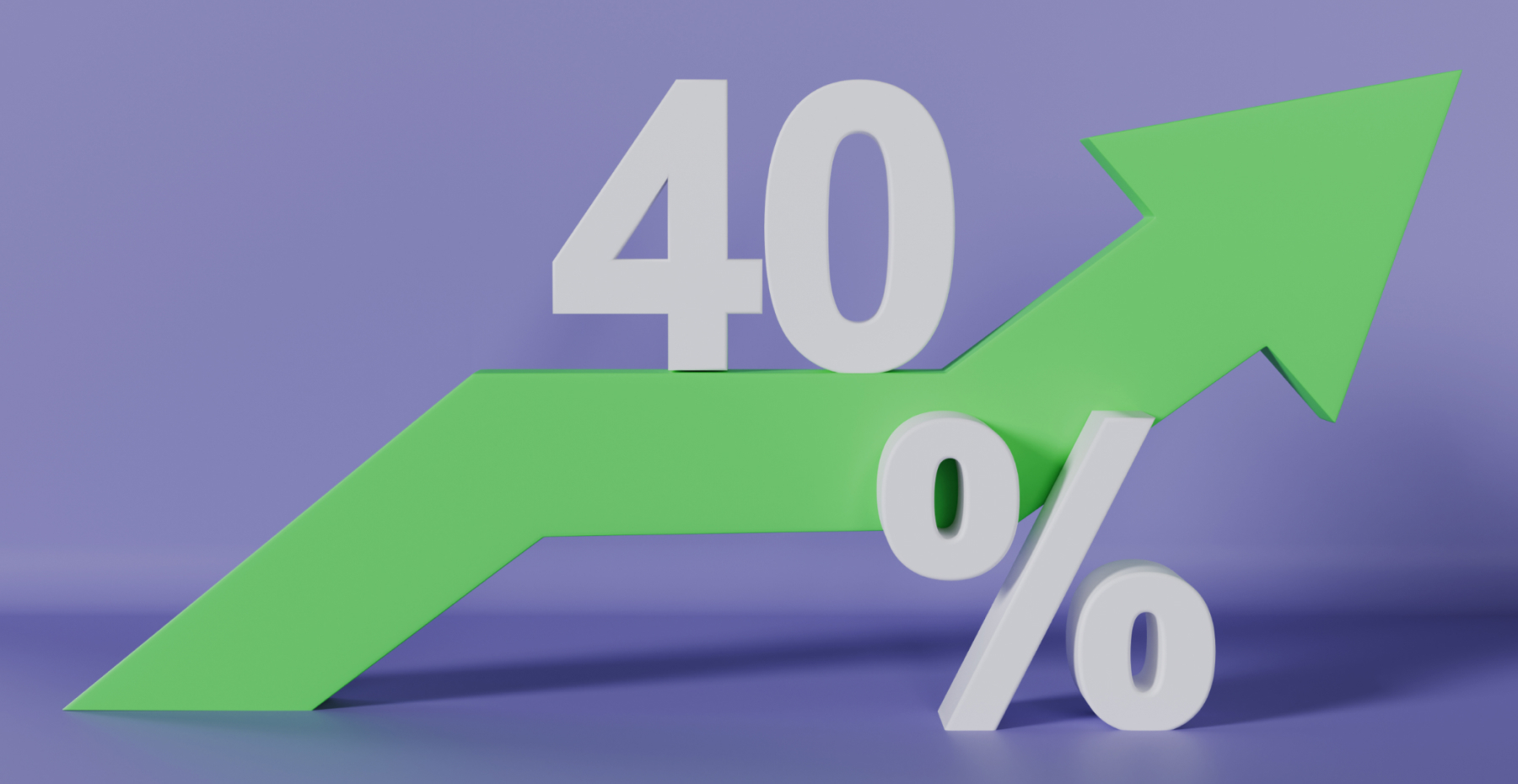For companies looking to target Canadian consumers, Google Ads, the company’s pay-per-click (PPC) advertising program, is an essential tool. Because it enables them to target people accurately, this platform has become essential for businesses looking to boost their online visibility and revenues.
In order to assist Canadian businesses with their budgeting, this article examines the several elements that influence Google Ads expenses and offers a breakdown of average expenditures by industry.

How Does Google Ads Budgeting Work?
Managing a Google Ads budget can be challenging, and mismanagement often leads to overspending. Here’s a quick overview:
Understanding Budget and Bid:
- Budget: The entire amount you are willing to spend each day.
- Bid: The greatest sum you are willing to spend for each click on your advertisement.
Google allocates your daily budget throughout the month. Even if you exceed your daily limit on certain days, you will remain within your overall monthly budget (calculated as daily budget multiplied by 30.4 days). On particularly busy days, Google may allow spending up to twice your daily budget, but it will not exceed your monthly total. To find your daily average, simply divide your monthly budget by 30.4.
Tips:
- Spend money on advertisements that convert well.
- To keep spending under control, use geo-targeting and ad timing.
By grasping these fundamentals, you can more effectively control your advertising expenses and improve your return on investment.
Key Metrics to Estimate Google Ads Costs
Google Ads includes several ad formats:
The parameters that affect campaign expenses vary depending on the type of ad. Many of these metrics, such as Cost Per Click (CPC), Click-Through Rate (CTR), and Quality Score, apply to all campaigns, but the priority may differ based on your objectives.
Key Metrics:
- CPC: The cost you pay each time a user clicks on your advertisement is known as the CPC. The CPC may be impacted by your bid, quality score, and the degree of competition for the keywords you have chosen.
- Cost Per Thousand Impressions (CPM): Used mainly in Display Network campaigns, this is the cost you incur for every 1,000 times your ad is displayed.
- CTR: This crucial metric reflects how effectively your ads engage users, calculated as the ratio of clicks to impressions.
- Cost Per Acquisition (CPA): The cost of acquiring a conversion, such as a lead or sale. This metric helps evaluate how well your efforts translate clicks into tangible business outcomes.
- Quality Score: Google assigns a quality score based on your ad’s relevance, landing page quality, and expected CTR. It’s measured on a 1-10 scale and 8-10 is considered a very good result. A higher Quality Score can lead to better ad placements and reduced costs.
How Metrics Impact Your Budget
- CPC and CPA: Higher CPCs can lead to increased costs, especially if your ads are not converting well into sales or leads.
- CTR: A higher CTR often indicates that your ads are relevant and engaging. This can improve your Quality Score, potentially lowering your costs and improving ad placements.
- Quality Score: A higher Quality Score decreases the bid amount needed for your ads to be displayed, directly affecting your total advertising expenditure.

Factors Affecting the Cost of Google Ads
Several interconnected aspects impact Google Ads expenses. Knowing these will enable you to develop a plan that optimizes your spending and produces superior outcomes. Let’s check them out.
- Industry and Competition
Industry affects your CPC. For instance, because of their high customer lifetime values (CLV) and fierce rivalry, industries like banking, insurance, real estate, and legal services typically have higher CPCs.
For example, since a single customer may be worth thousands of dollars, legal firms typically spend $3.23 to $17.43 for each click. CPCs for real estate agents can range from $0.98 to $4.01 per click as they compete to draw in buyers or sellers in particular areas. Meanwhile, industries with lower competition and customer lifetime values, such as sports and recreation, often have much lower CPCs—sometimes as low as $0.17 to $1.30.
- Geographic Targeting
The location where you put your ads has a major influence on your costs. Because there is more competition in highly populated places like Toronto, Vancouver, or Montreal, ads targeting these major cities usually have higher cost-per-click (CPC) rates. For example, it may be more expensive to target advertisements in downtown Toronto than in smaller areas. This is because companies in big cities frequently compete for the same keywords, which raises the bidding price.
Conversely, companies that target certain neighbourhoods or sparsely inhabited regions might benefit from reduced competition, which leads to more reasonably priced ad spaces. By guaranteeing that advertising is seen by potential buyers in certain locations, geographic targeting enables marketers to more effectively deploy their budget.
- Ad Relevance and Quality
Google’s Quality Score system incentivizes advertisements that provide a satisfying customer experience. Higher Quality Scores may be attained by ads with strong ad language, a well-designed landing page, and high relevancy to the search terms. Your advertising budget might be stretched farther as a result of improved ad placement and decreased CPCs.
If two advertisers are bidding on the same keyword, for example, and one has a higher Quality Score due to a better landing page and more relevant ad, that advertiser may spend less per click while still having their ad show up higher in the search results. Because of this, you must constantly optimize your landing pages, keywords, and ad language to retain a high Quality Score.
- Seasonality and Trends
Due to higher demand, Google Ads prices may increase during specific seasons of the year. For instance, when they vie for customers’ attention during the Christmas shopping season in November and December, retail enterprises frequently confront higher CPCs. In a similar vein, tax season may see an increase in competition for accountants and tax experts, which might lead to increased prices.
Planning your budget well may be achieved by staying ahead of certain seasonal tendencies. To stay competitive without going over budget, it’s a good idea to modify your bids and expenditures during busy times. For example, you can devote a larger portion of your annual budget to certain months in order to capture higher search volumes if you are aware that competition in your business intensifies during particular periods of the year.
Average Costs for Google Ads in Canada
Businesses must be aware of Google Ads’ average prices to plan their advertising tactics and create an efficient budget. Companies may more effectively plan their funds and create reasonable campaign objectives when they have a thorough understanding of the cost per click across various sectors. So, how much do Google ads cost?
The average CPC rates for different Canadian sectors are shown in the following table. These numbers, which are based on current data, provide businesses with an idea of how much they should pay for each click.
Depending on variables like campaign objectives, ad quality, and bidding technique, these expenses might differ significantly. Businesses could evaluate CPCs tailored to their target market and keywords using Google’s Keyword Planner tool for more precise estimations.
Setting a Google Ads Budget
For a Google Ads campaign to be effective, a reasonable budget must be set. The following advice is for Canadian companies:
- Start with a Daily Budget: Start by creating a daily budget, which you can then modify according to your performance. Because Google provides daily spending flexibility, you may spend more or less each day, but your monthly expenditure will equal out.
- Be Mindful of High-Intent Keywords: Invest in keywords with the best conversion rates, even if they are somewhat more expensive. A higher return on investment (ROI) may arise from this.
- Use Bid Modifications: Use bid changes for location, time of day, or device type to ensure that your ads appear when and where they are most effective.
Methods to Reduce Your PPC Costs
You may maximize your advertising spend by effectively managing a Google Ads campaign. The following useful advice may help you lower your PPC expenses without sacrificing or even enhancing the effectiveness of your ads:
- Boost Your Quality Score: A good Quality Score will help you improve your ad placement and reduce your CPC. Make sure your landing page matches the user’s search intent and concentrate on producing highly relevant ads. Update your ad wording frequently to take advantage of new deals or seasonal trends.
- Employ Negative Keywords: When you use negative keywords, your ads won’t appear for irrelevant queries. For example, if you sell high-end clothing, using negative keywords like “cheap” or “discount” will make sure that your advertising doesn’t show up while customers are seeking deals.
- Optimize Ad Extensions: Structured snippets, callouts, and site links are examples of ad extensions that may increase click-through rates and provide information to your advertising. Your CPC may decrease if your Quality Score improves due to a greater CTR.
- Conduct Campaign Audits Frequently: Finding ineffective keywords and advertising is made easier with frequent campaign reviews. For instance, if a certain term is extremely expensive yet does not generate any conversions, think about reducing its bid or stopping it completely.
Account Management Effectiveness
To maximize results and reduce your ad expenses, you must:
- Keep your Google Ads account structure neat and orderly.
- Analyze performance regularly and modify as necessary.
- Make constant updates and improvements to your keyword lists.
- Perform regular audits of accounts and make adjustments.
The price of Google Ads in Canada varies greatly based on several variables, including seasonality, ad quality, regional targeting, and industry rivalry. As we’ve explored, navigating these complexities can be challenging, but you don’t have to do it alone. Let’s team up to craft a winning PPC strategy that gets you noticed.
Watch your business soar today!






